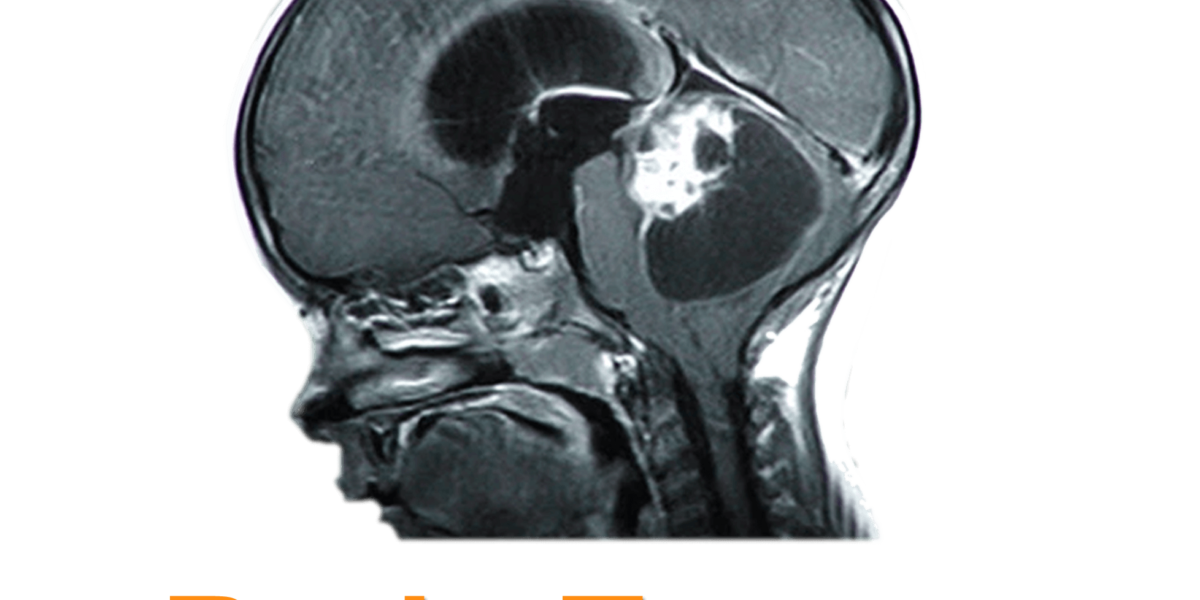Astrocytoma: The Most Common Type of Brain Tumor

At Dr. Rao’s hospital, we specialize in the treatment of astrocytomas, the most common type of brain tumor. Our team of experienced neurosurgeons and neurooncologists are dedicated to providing the best possible care for our patients, whether they are dealing with a benign or cancerous tumor. We offer both surgical and nonsurgical treatments, depending on the needs of the individual patient. Our goal is to provide the best possible outcome for each and every one of our patients.
At Dr. Rao’s hospital, we specialize in treating astrocytomas, the most common type of brain tumor. Our team of experienced neurosurgeons and neurooncologists are dedicated to providing the best possible care for our patients, whether they are dealing with benign or cancerous tumor. We offer surgical and nonsurgical treatments, depending on the individual patient’s needs. We provide the best outcome for every one of our patients and strive for that.
Astrocytomas can be found in the brain and spinal cord. These tumors develop from astrocytes.
Astrocytomas:
- common childhood brain tumors
- The most common type of primary brain tumors in adults
Kinds of Astrocytomas
Astrocytomas are subdivided into low-grade, medium-grade, or high-grade tumors. High-grade astrocytomas are the malignant of all brain tumors. Recently, they were divided based on molecular analysis with IDH and other genes.
Astrocytomas are classified by presenting signs, symptoms, treatment, and prognosis, location. In adults, astrocytomas are common in the cerebral hemispheres (cerebrum), where they commonly cause increased intracranial pressure, seizures, or behavioral changes.
Symptoms may also include:
- Problems with memory, thinking, and concentration
- Personality changes
- Headaches
- Visual changes
- Vomiting
- Problems with walking
Symptoms vary depending on the location of the tumor. For example:
- Frontal lobe — loss of muscle function on one side of the body
- Gradual changes in mood and personality,
- Temporal lobe — coordination, speech, and memory
- Parietal lobe — sensation, writing, or fine motor skills
- Cerebellum — coordination, and balance
- Occipital lobe —Problems with vision, visual hallucinations
Treatment Modalities:
- Dr. Rao uses navigation and neuromonitoring along with a tubular retractor for Deep-seated lesions will be removed by using minimally invasive techniques.
- In some tumors, we might use Radiation and Chemotherapy based on the malignant nature of cancer.
- Dr. Rao’s hospital is equipped with all the new up-to-date technology available worldwide. Dr. Mohana Rao Patibandla is one of the renowned minimally invasive surgeons with the Neurooncology and Stereotactic Radiosurgery fellowship from the USA.
